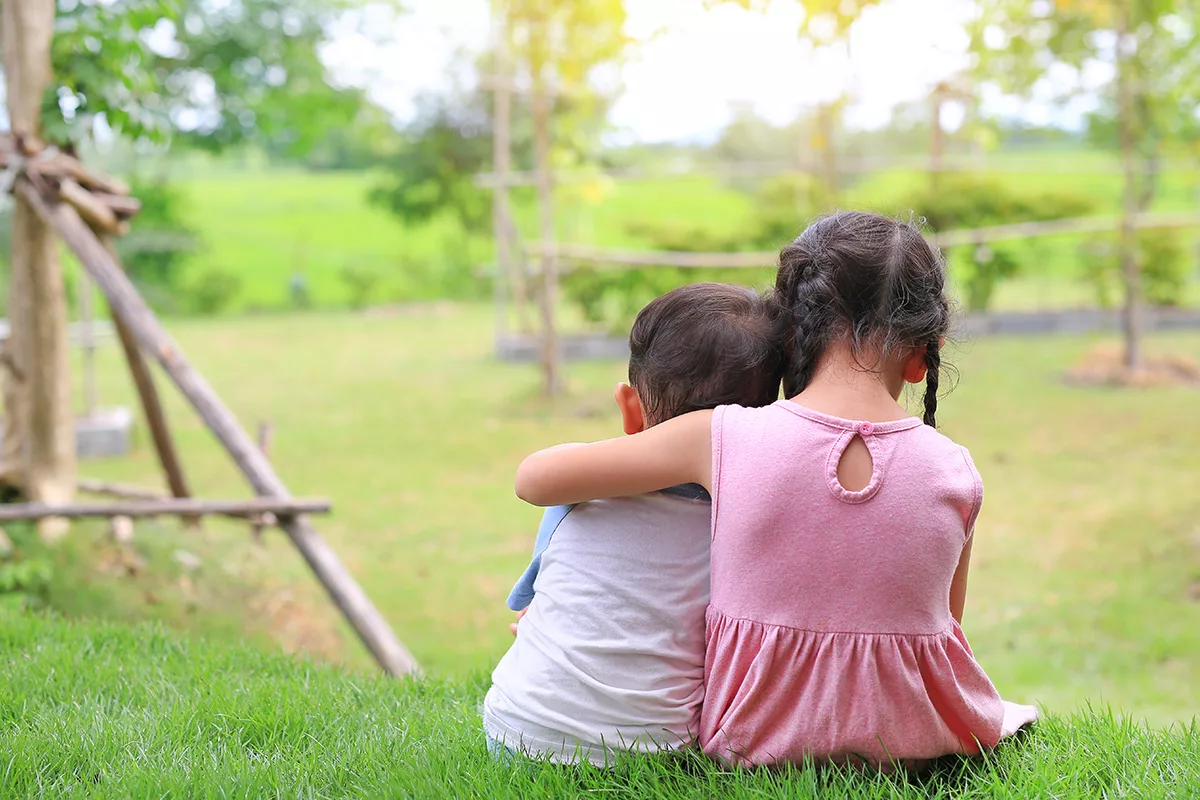Judgment in the recent case of Re C (A Child) [2018] EWHC 557 (Fam) has been provided and has reinforced the consequences of breaching a Child Arrangements Order, which resulted in the court ordering a transfer of residence with the child going to live with the father.
The mother appealed unsuccessfully to the High Court against the decision transferring the residence of the child, C, aged 6, to her father in light of her opposition to progressing C’s contact with her father. Mrs Justice Knowles heard the mother’s application for permission to appeal, and described the application as being totally without merit.
During proceedings, contact was observed between the father and the child as being positive. The court therefore directed contact to be progressed, despite the mother disagreeing as she was wholly opposed to any contact progression. The court also made a 12 month Family Assistance Order, which is a means of providing social work support to families experiencing difficulties and conveys a duty on a Cafcass Officer or social worker to befriend, advise and assist anyone named in the order.
Within three weeks of the court making that order, the father applied to enforce the same. In March 2017, 6 months after the final order being made, Cafcass reported that the mother was not engaging with the Family Assistance Order. C was then joined as a party to the proceedings and a children’s guardian was appointed to ascertain the wishes and feelings of C.
The guardian concluded in July 2017 that the mother’s views prevented C’s overnight contact with her father from progressing and recommended that the Court made an order transferring residence of C to her father if the mother could not demonstrate her ability to comply with the order and move forward with contact.
The matter was set down for a two day final hearing in November 2017. Judgment was handed down by His Honour Judge Wood two weeks later. His judgment considered the history between the parents, summarised the parties’ evidence in detail and set out the law he took note of. He noted that C’s welfare was a determining factor and can take precedence over other considerations. The court’s paramount consideration is the welfare of the child.
His Honour Judge Wood concluded that, as the mother had a deeply ingrained hostility to the father and his family, that she felt that contact had to be on her terms and strictly and precisely controlled by her, it was impossible to progress contact. Three different guardians had attempted to progress contact without success. The judge considered the options available to him, which in reality were either to give the mother another chance or to transfer the residence of C to the father. The judge undertook a balancing exercise when considering the advantages and disadvantages of each option and concluded that the balance fell in favour of C moving to live with her father. In effect, the judge concluded that he had no option other than to transfer residence to the father.
The mother appealed the decision based on two grounds: 1) she felt there were procedural errors because the guardians and the judge had failed to follow correct procedure and provide continuity; and 2) that the judge had not applied the welfare checklist and specifically had failed to have regard to C’s wishes and feelings.
The appeal came before Mrs Justice Knowles sitting at the Court of Appeal. She determined that the mother’s criticisms of the guardian had not been raised in the previous proceedings but in any event, the guardian had been thorough in his investigations. She rejected this ground. The judge also rejected the criticism of a lack of judicial continuity, as there had been judicial continuity from His Honour Judge Wood since March 2017.
In relation to the second ground of appeal, the mother criticised His Honour Judge Wood for not ordering a psychological assessment of the child. Mrs Justice Knowles found that no assessment had been applied for, despite His Honour Judge Wood allowing for such applications to be made in April 2017, some 7 months before the final hearing. The judge also noted that the mother had not argued that there was anything wrong with C which necessitated an assessment so there were no grounds for a psychological assessment in any event.
Mrs Justice Knowles also found that the judgment of His Honour Judge Woods comprehensively addressed the mother’s issues and that the judge fully considered the history of the case. She further noted that there was no supporting evidence of the mother’s belief that C felt distressed about living with her father and the mother’s assertions were contrary to the positive observations that had been set out in evidence to the Court.
Despite the fact His Honour Judge Wood did not expressly mention the child’s wishes and feelings, it was clear that the Judge did go through the welfare checklist as he made reference to other relevant factors such as C’s emotional need to have a normal relationship with her father, her emotional need to be spared adult conflict and the likely effect upon her of any significant change in circumstances. Mrs Justice Knowles felt the omission of a specific reference to the welfare checklist was not a significant omission as C was a young child with a good relationship with both parents and her wishes and feelings were “unlikely to be decisive in the circumstances of this case”.
Mrs Justice Knowles in her judgment reiterated that when a judge at first instance has the advantage of seeing and hearing the evidence, it will be rare for an appellate court to interfere with the judge’s findings and with the conclusions based upon those findings.
Mrs Justice Knowles also noted that C had been the subject of litigation for 5 of her 6 years and there had been more than 50 hearings, four appeals, and five sets of proceedings, both under the Children Act 1989 and the Family Law Act 1996.





